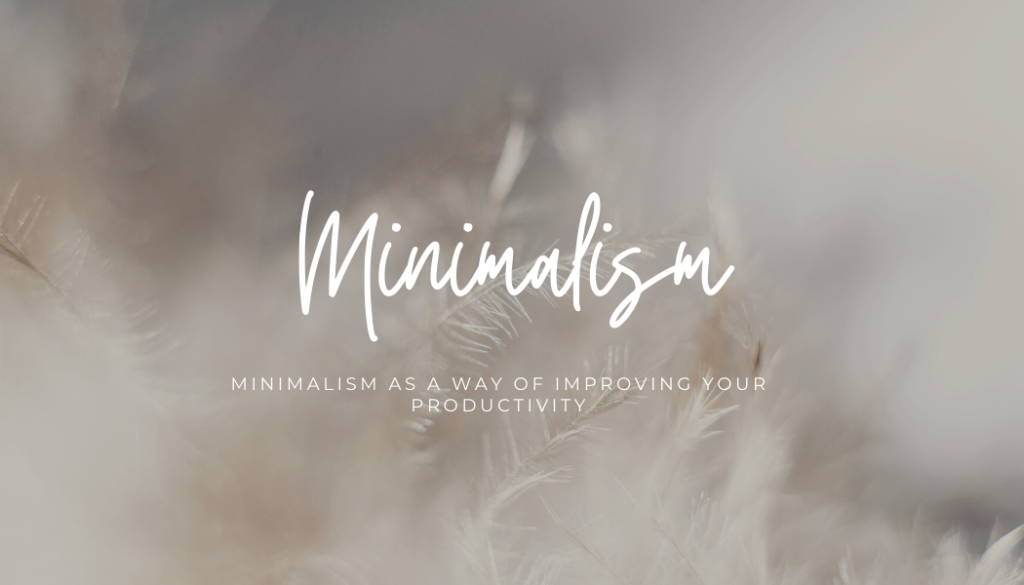In this space we talk about productivity as a way of living life with intention. Today, I thought we could chat about one of those buzz words that you hear everywhere but maybe don’t really know how can be applied to your life: minimalism.
After the successful movie Minimalism was launched, everyone in the sphere of well-being and not, started talking and engaging with this phenomenon. Books like The Life-Changing Magic of Tidying up became number one best-sellers and we started seeing more often videos and posts describing the benefits of having a simpler life.
The book Essentialism, one of my favourites, touches on the aspect of minimalism in the context of productivity in work and teams. But this concept is not new to philosophy and writers of all times. Stoicism is based on the principle of simplicity and many of the Greek philosophers spoke in their writings time and time again about the importance of living a life based on these aspects.
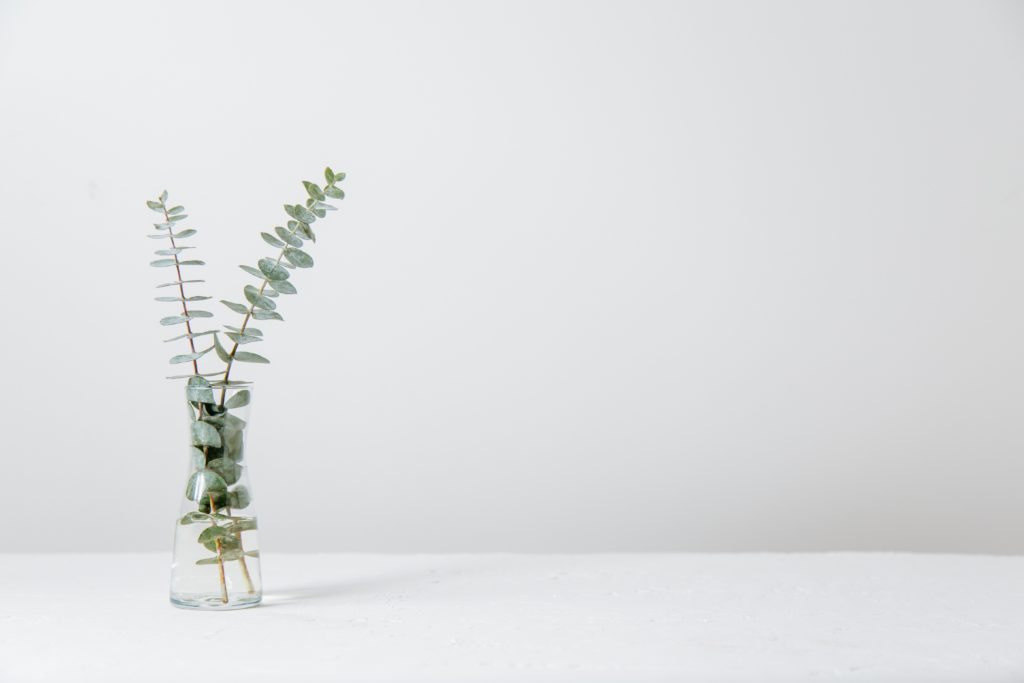
But let’s see what the opposite of minimalism is. What’s like to live a life that focuses on maximalism? Nothing wrong with neither one nor the other, just a choice of lifestyle. In the case of maximalism, we try to optimise and maximise the amount of things we have around us with a desire to focus on aesthetics. All of these things need our attention and care but end up making our to-do list longer.
In one of my readings I came across a story called “Only for a rug”. This tells the adventures of a yogi who needed a rug to sleep on and how he goes on an adventure to get the things he needed in order to take care of the rug, ending up with having a busy life and letting slip by what he mostly needed to take care of: his spiritual life.
So when we have more things, we need more time to dedicate to them, which means we have less energy to dedicate to the one or two things that mean the most to us. Divided attention is just that, divided. That’s why we talk about the importance of living a life based on our value system. Based on your value system, you can decide what lifestyle fits you best.
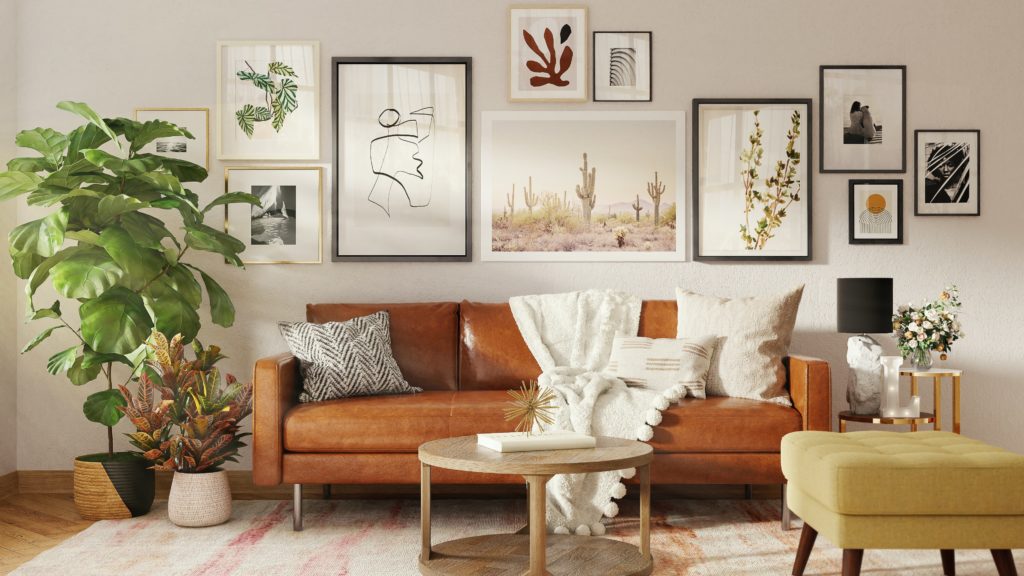
If within your value system, you prioritise productivity and focusing on few things applying the philosophy of minimalism, then keep reading. If you’re still pondering on the concept, keep reading too, you may find some of the ideas inspiring.
Applied minimalism for productivity
How can you apply minimalism in your life? First of all, take an inventory. Look at the things you own. Review the relationships you have and the time you spend on various activities. Minimalism doesn’t work for everyone, but it has a proven record that it increases a person’s well-being and productivity.
So we stop, reflect and readjust.
Which relationships enrich the most our lives?
What is more meaningful to us?
Pause and take an inventory of your current situation. The result of these simple actions will impact the quality of your life as well as the way you show up to work.

Declutter your digital and physical world
Once a month, take the time to go through your inbox and unsubscribe from the newsletters that are not relevant to you anymore. Archive the things that have been sitting there without needing any action from you. Create a folder entitled “ACTION” and store there the emails that need your attention. Schedule time in your calendar when you will go through them and tackle each of them one by one.
Go through your calendar and check the commitments you already have. Do you still feel aligned with each of them? Are they still relevant to you? If not, send a polite message, thanking the person who invited you and let go instead of showing up out of obligation. In this way you can free your calendar for more meaningful activities. Or you can use that time to rest and restore whenever you feel like you need some time off. Think like this, every time you say yes to a certain activity, you say no to something else. What’s the trade-off?
Check all your paid subscriptions and look at your bank accounts. Are they still relevant to you? Is there anything you don’t use? Are there any transactions that you don’t recognise? Know where you spend your money. This will improve the way you look at work as well as increasing your motivation.
Go through your first 20 or so messages on the various messaging apps. Do the people you interacted with light you up? Are these the people you want to connect with and communicate with the most? If not, can you improve on this intentionally connecting with those people who do lift you up?
Declutter your phone from all those apps you don’t use anymore. Here is a challenge for you: decide to keep one for each activity (storage, writing, etc)! I know, this can be very challenging, but it can improve exponentially your productivity. You will not need to decide in the moment which app to use. Instead you’ll know immediately which one works best for you and go with it without wasting any more time.
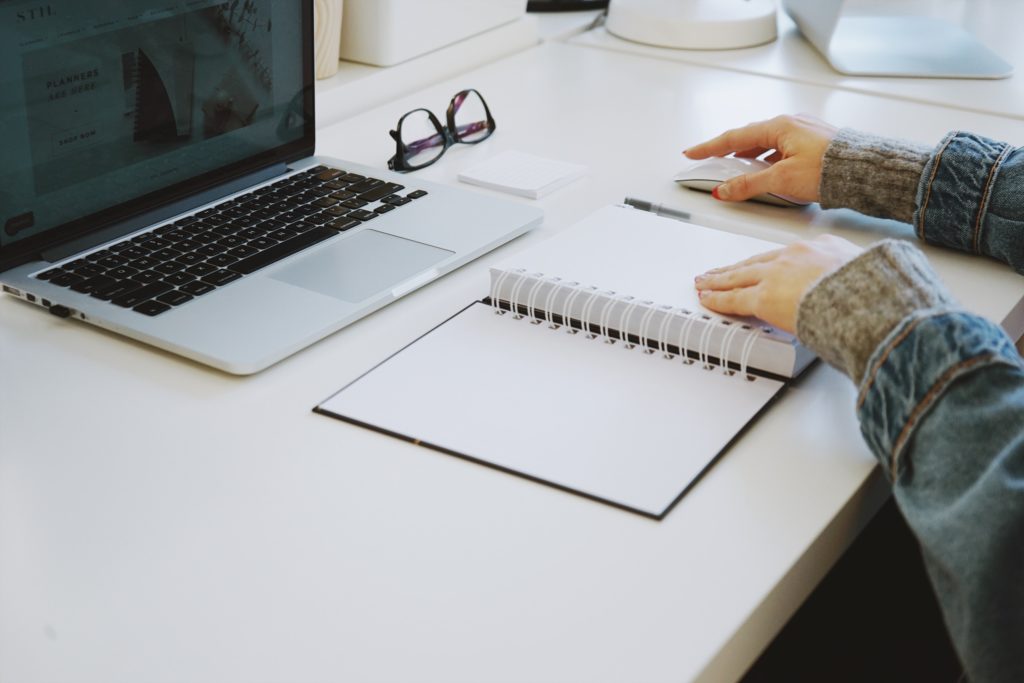
Look around your house and start decluttering. Do one room per session.
Let go of the extras and keep the things you use the most. The key here is to take inventory on a monthly or quarterly basis. In this way you don’t end up accumulating.
If something is not serving you, let it go. Having too much around invites for confusion and distractions and time to manage it all. Instead choose to let go of the things you don’t need and keep your few essentials. Having a clear desk will benefit your productivity and your degree of focus on tackling things on your to-do list.
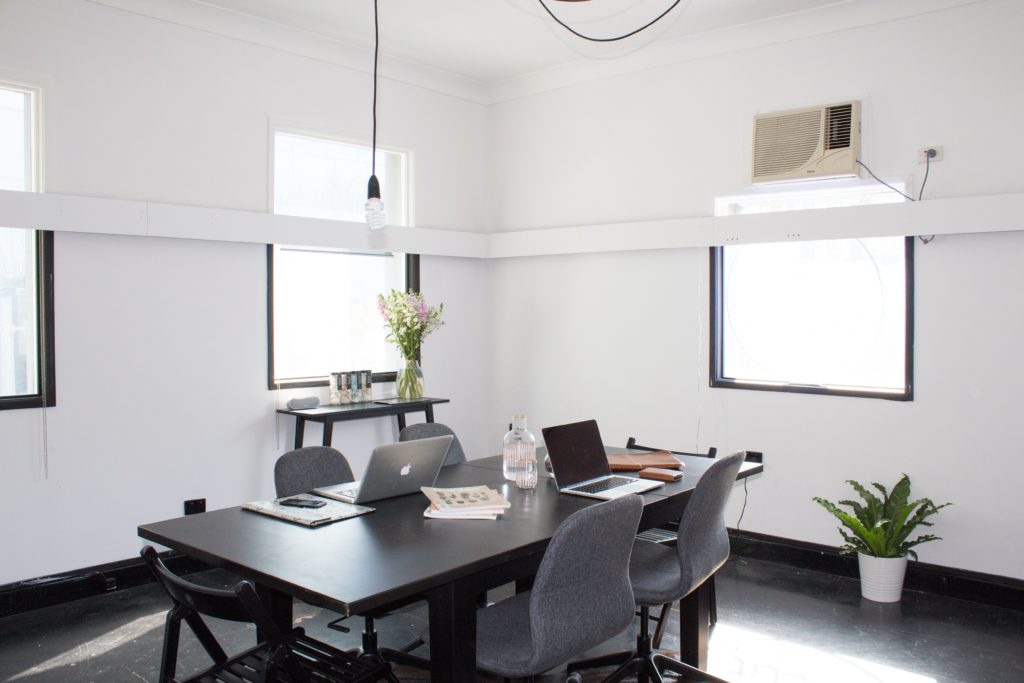
Minimalistic actions you can take today to improve your productivity
- Top 3: Instead of having a long to-do list, have a “must do” top 3 and let go of the others. If you can, you’ll tackle the others as well. But if you cannot, it is still great because it will mean that you completed your top three priorities.
- Focus: Keep your phone away from your desk. Keep distractions at bay when you try to tackle things which are high priority. Focus is essential in becoming more productive and the more you focus the more your productivity improves.
- Single task: Focus on one task instead of multiple at the same time. Multitasking is a false myth of perceived productivity. Choose to tackle one task at a time and you’ll see your productivity increasing.
- Delegate: Learn to outsource and delegate! Let go of the tasks that you can avoid doing. Focus on the tasks that are essential, while delegating those which are not.
If you need a hand to guide you through the decluttering process, please get in touch. I’m an email away.
